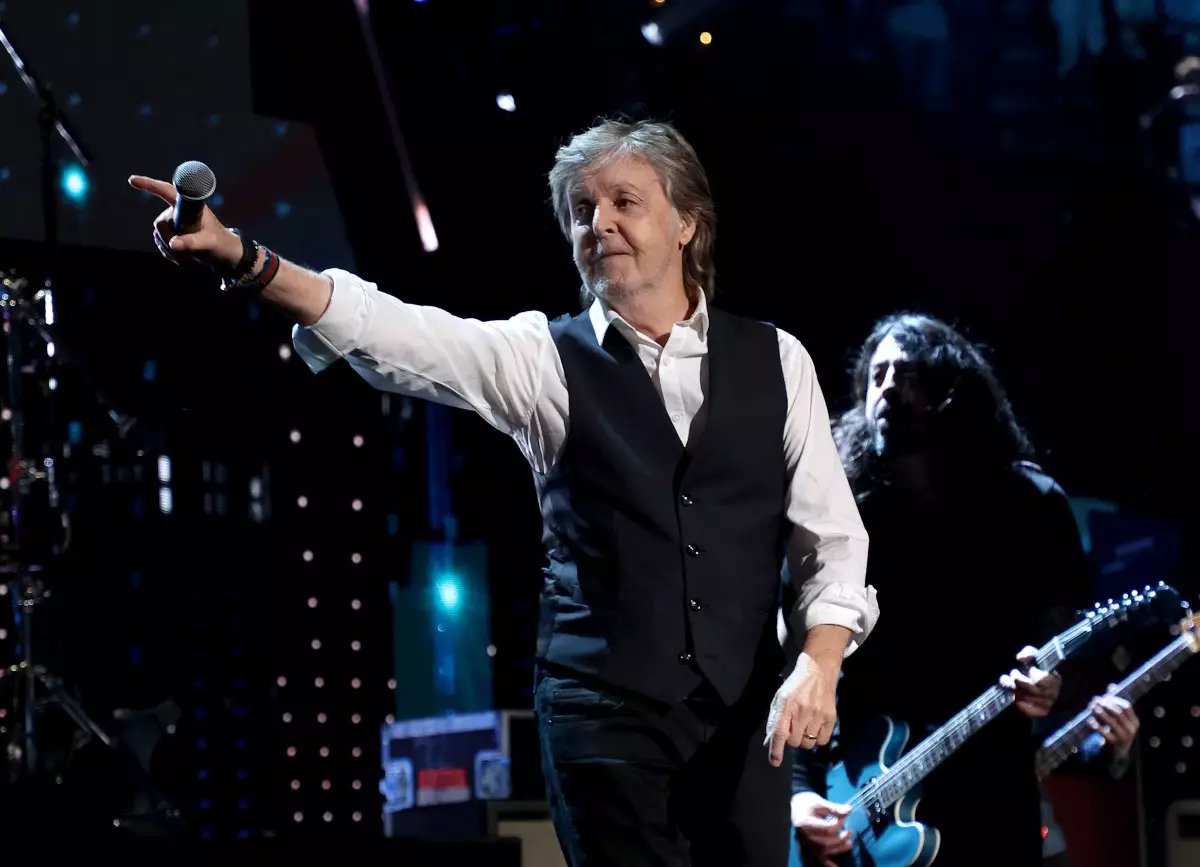The recent nomination of The Beatles for two Grammy Awards—a staggering feat considering their breakup over 50 years ago—raises both eyebrows and interest in the landscape of music today. Their song, “Now and Then,” which has benefited from sophisticated AI technology, showcases how the past and present can collide in unexpected ways. Competing against contemporary artists like Sabrina Carpenter and Beyoncé, The Beatles’ re-entry into the Grammy race is both surreal and thought-provoking.
Paul McCartney’s decision to utilize AI in creating “the last Beatles record” provides a fresh lens through which to view not only the capabilities of modern technology but also an artist striving to preserve legacy. Rather than resurrecting his late bandmates via deepfake technology, McCartney took a more respectful approach by revamping John Lennon’s 1978 demo. The use of AI served a dual purpose: enhancing the sound quality of an underappreciated piece of music while paying homage to the original work.
Inspiration drawn from Peter Jackson’s documentary series, “The Beatles: Get Back,” further illustrates the bridge between iconic history and cutting-edge technology. The documentary showcased archival footage and utilized AI to clarify audio elements that have long been buried under layers of history. These advancements allow a new generation to experience The Beatles in an entirely different context while staying true to their roots.
AI’s growing role in music production should not be overlooked. The technology that enabled sound isolation in “Get Back” and contributed to the remixing of “Revolver” is reshaping how artists approach both old and new works. As this technology becomes more accessible, one may wonder how it will influence other established artists. Will this lead to a trend of reviving old collaborations or enhancing past works with modern touches? It opens up the discussion about the ethical implications of AI in music and the balance between preserving history and innovating.
Facing off against contemporary powerhouses such as Billie Eilish and Kendrick Lamar, The Beatles’ nomination feels almost like a nostalgic nod rather than a competitive stance. The fact that “Now and Then” has garnered only 78 million streams on Spotify—one of the lowest among Record of the Year nominees—poses questions about whether the sheer novelty of their Grammy presence can carry them forward.
In an age where stream counts seem to dominate the narrative of success, the enduring legacy of The Beatles clashes with the metrics-driven reality of today’s music scene. It begs the question of whether recognition should be based on artistic merit or marketability. As more artists, like Charli XCX, continue to make their mark, the definition of success in the music industry continues to evolve.
Regardless of the outcome at the Grammys, The Beatles’ nomination signifies a cultural shift where nostalgia meets innovation. As technology continues to influence music production, it opens the door for artists outside the typical paradigm. The response to “Now and Then” may not only set a precedent for legacy acts but could also challenge how we perceive new music creation in the future. Through AI, new artistic possibilities unfurl, inviting us to reflect on what it means to be a musician in an increasingly digital world.

